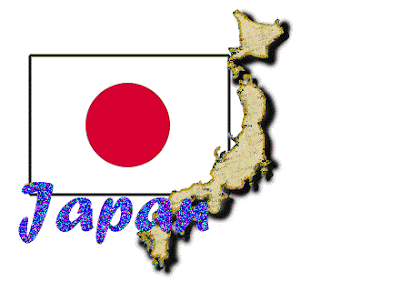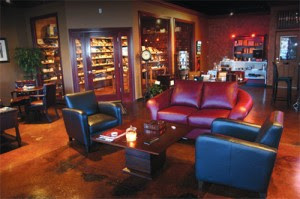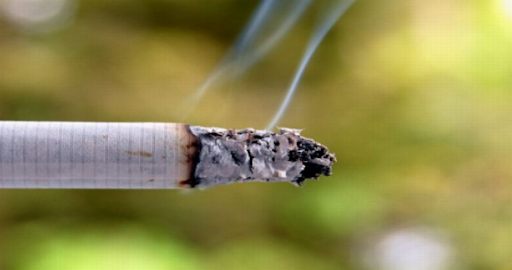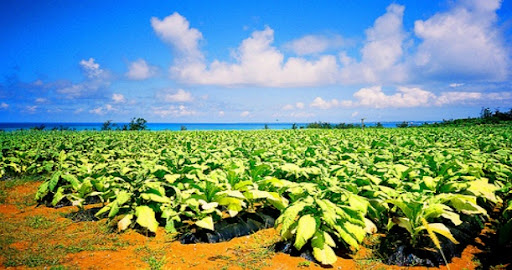
SENDAI, Japan—As shops slowly reopen along Japan’s tsunami-hit northeastern coast, many residents still aren’t finding one of the Japan markproducts they crave most:
cigarettes.
The shortages represent the latest supply-chain breakdown in Japan—and a headache for Japan Tobacco Inc., which for decades has dominated Japan’s tobacco market.
The March 11 earthquake and tsunami knocked out two of
Japan Tobacco’s six cigarette-making factories, damaged its distribution network and wrecked some of its suppliers’ facilities.
Japan Tobacco was forced to halt deliveries across the whole country for 12 days starting March 30. Although it said it expects to restart deliveries of seven top brands on Monday, the move cut supplies to millions of smokers, forcing even the company’s most loyal customers to try cigarettes from international rivals British American Tobacco PLC and Philip Morris International Inc.
Most of the Japanese company’s other 97 products won’t be available for weeks, if not months. The company said it aims to restart deliveries of up to 25 products over the coming month and return to normal supply volume capacity by the end of June.
Japan Tobacco’s ability to restore full capacity quickly could determine whether it can hold on to its 65% share of the $40 billion Japanese cigarette market, analysts and people in the industry said. “This could change the market and put the imported brands on top” for the first time, said Yasuhide Kitagawa, whose family runs Sendai’s Panda drug store, which specializes in foreign brands and markets BAT brands heavily. “We want that to happen.”
Taizo Demura, an analyst at Morgan Stanley MUFG Research Japan, estimated that Japan Tobacco would lose one to six percentage points in market share. “Some consumers will change,” he said. “They will try Kent, Lark, Virginia Slims or Marlboro as a trial and if they think it is better than JT, then they will stay.”
In addition to losing two of its factories, a Japan Tobacco distribution center in Sendai was damaged. The company also has had problems getting such supplies as the cardboard for cartons, the fluff in cigarette filters and the plastic film used to wrap packages, said Hideyuki Yamamoto, general manager of media and investor relations for Japan Tobacco. Among the first seven brands of which Japan Tobacco will resume distribution this week: Seven Stars, Mild Seven and Caster.
The struggle to deliver cigarettes is the latest bit of bad news for the industry in Japan. Like many countries, it has been ratcheting up taxes and restrictions, and the percentage of Japanese people who smoke slid to 25% in 2009 from 33% in 2000, according to Japan Tobacco.
While delivery of foreign brands in Japan’s northeast also was interrupted by damage to distribution centers, output was unaffected because those companies’ cigarettes are made outside the country. Foreign companies aren’t allowed to make cigarettes in Japan. Even though the foreign companies largely have resolved their distribution problems, domestic and foreign
cigarettes brands alike have been hoarded by smokers worried over consistent supplies.
Smokers in Sendai exchanged tips on which stores still had supplies. Some smokers had friends and relatives courier cartons from other parts of Japan. Men took drags on the long, thin cigarettes that are marketed to women. One shop had a five-page list of orders.
Loft tobacco shop, which was the last supplier in its neighborhood, had only international cigarettes. “JT Sold Out,” said a hand-written sign on its window. “I will smoke whatever they have,” said Aika Ono as she stood in the long line in front of the store.
BAT and Philip Morris said they don’t intend to take advantage of Japan Tobacco’s situation. But they are increasing shipments to the country to meet customer demand. BAT has doubled its inventory to about four billion cigarettes. It has even airlifted cigarettes and routed supplies through Kobe to avoid bottlenecks in Tokyo.
Still, some analysts and investors projected that Japan Tobacco will offer its full portfolio within months. And some customers may feel it is their duty to switch to one of the few available Japan Tobacco brands rather than to foreign labels.
“While it is not as patriotic a mood as the ‘Buy America’ sentiment in the wake of 9/11, there could be a Buy Japan’ movement among
smokers after the 3/11 earthquake,” said Chris Redl, chief investment adviser of Siena Capital, a Japan-dedicated hedge fund.
 Sometimes a cigar is just a cigar. But finding a place to enjoy it? Good luck with that, pal. Yet, there are still dens of iniquity where the words “smoking” and “allowed” are linked, when a guy or girl can fire up their choice of legal intoxicant from Honduras or the Dominican Republic. Smoking a cigar is a ritual, a way to slow down. And it keeps both hands busy, so the devil can’t find work for them. Here, we offer a round-up of safehouses where you can light up without censure.
Sometimes a cigar is just a cigar. But finding a place to enjoy it? Good luck with that, pal. Yet, there are still dens of iniquity where the words “smoking” and “allowed” are linked, when a guy or girl can fire up their choice of legal intoxicant from Honduras or the Dominican Republic. Smoking a cigar is a ritual, a way to slow down. And it keeps both hands busy, so the devil can’t find work for them. Here, we offer a round-up of safehouses where you can light up without censure. 






 4:40 AM
4:40 AM
 Kat
Kat


